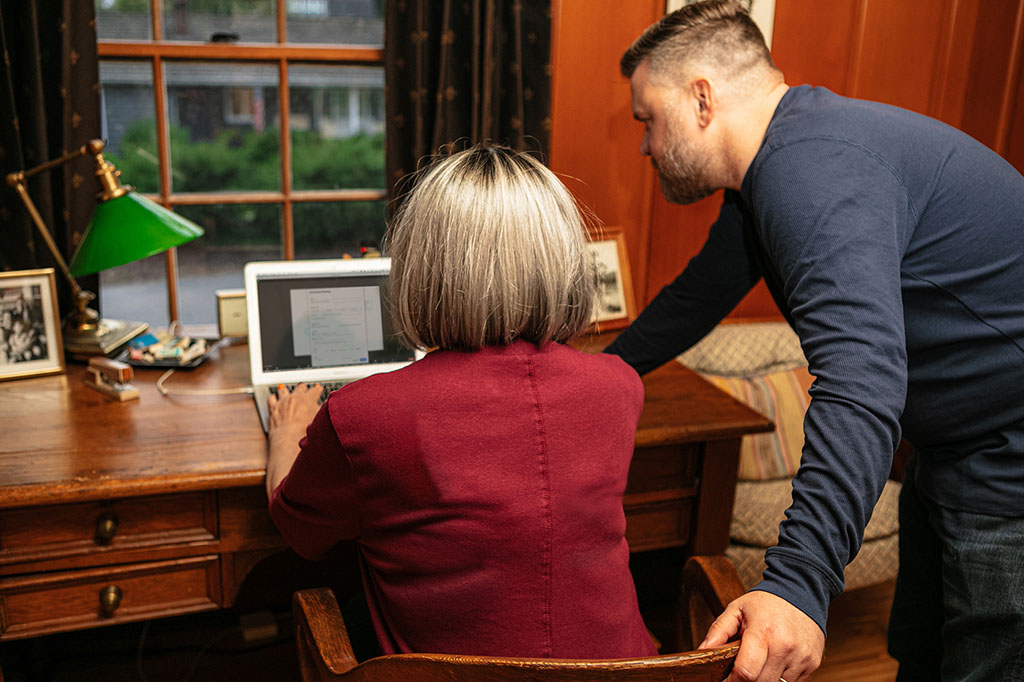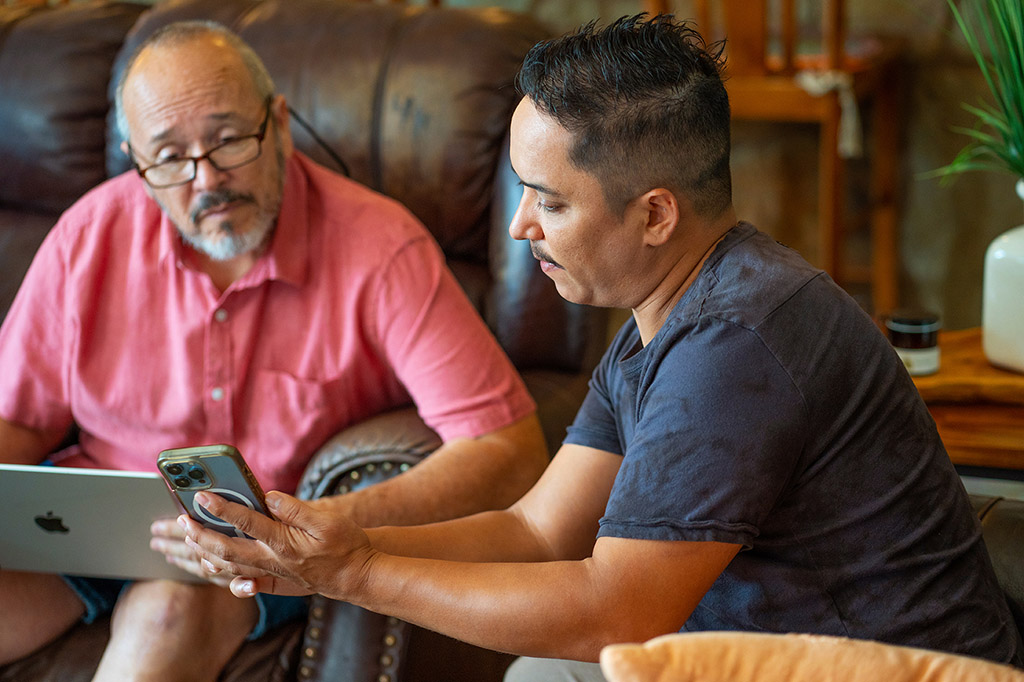Nearly 1 in 5 Medicare Advantage members have no one to turn to for help should they need it, according to our recent State of Social Health Report, and this can have dire consequences.
For too long, social connection and social support have been an afterthought when considering social drivers of health (SDoH) when, in fact, they can add or detract from health to the same degree as transportation, food, and housing.
That’s why Papa is encouraged to see the Centers for Medicare & Medicaid Services’ (CMS) Social Connection Screening and Intervention (Part C) Advance Notice, proposing a related Star Rating measure for measurement year 2025.
In a public comment pasted below, we offered data demonstrating the critical and growing importance of such a measure, as well as counsel on consistent measurement tools well suited to capture the nuances of social connection needs, based on our many years evaluating Medicare Advantage members for just this.
We applaud CMS’ and NCQA’s focus on social connection and support, and are committed to partnering with CMS in pursuit of our shared aim to build the future of health around the factors that disproportionately drive outcomes.
Read Papa’s full comment:
We applaud CMS’ and NCQA's focus on social connection and social support—a lack of which is a critical and growing issue that affects many Americans, but especially those already prone to health disparities. A new measure focused solely on “Social Connection Screening and Intervention (Part C)” would encourage the industry to give this issue the attention it deserves in pursuit of our shared aim to build the future of health around the factors that drive outcomes. For too long, social connection and social support have been an afterthought when considering Social Drivers of Health (SDOH), when in fact, they can add or detract from health to the same degree as transportation, food, and housing. We’ve found loneliness is an early warning sign for higher levels of unmet needs and prevention is key to addressing the progression into severe loneliness and other conditions.
Since 2017, Papa has worked with older adults and other vulnerable populations, helping address gaps in social connection and social support. The data we’ve collected paints a rich picture of the ubiquity of unmet social health needs, matching the personal stories we hear from our members.
In our 2023 epidemiological study of over 28,000 Medicare Advantage (MA) enrollees, it’s clear that poor social health is incredibly common and people need social connection to be healthy. In the study, we found a strong sense of belonging isn’t typical: 63% reported loneliness, with 22% of those reporting severe loneliness. Additionally, 40% reported difficulty finding social support, especially in critical times of need, like an illness or recovery from surgery. In fact, the data reveals 18% of MA enrollees would have no one to turn to if an urgent health need arose.
Social connection and social support enable social resources, which can ameliorate or exacerbate other SDOH. To this end, we found loneliness and unreliable social support nearly doubled the prevalence of other unmet health-related social needs. For example, among people who had unreliable social support, 43% reported food insecurity and 57% reported transportation barriers, compared to 20% and 25% respectively, for those with reliable social support. Additionally, among people with loneliness, 35% reported food insecurity and 44% reported transportation barriers, compared to 17% and 25% who were not lonely. And among our MA enrollees, we found people with disabilities and those dually eligible for Medicare and Medicaid reported the highest prevalence of loneliness and the lowest levels of social support.
When assessing transportation barriers, the most common was to visit socially with 21% reporting this barrier, whereas 9% reported barriers to pick up food. While non-emergency medical transportation is often offered to MA enrollees, transportation for social needs is far less common, despite a strong need and high importance relative to social health. Disparities in morbidity and mortality across social needs are well documented; social connection and support are no different. In order to advance health equity, we must address social health.
In developing this new measure, we encourage CMS and NCQA to consider the importance of using consistent measurement tools and ones that are well suited to capture the important nuances of social connection needs. While screening for social support is straightforward and a single-item question can be appropriate, there are real challenges and concerns to using a single-item question to measure social connection. For example, the experiences and implications of being lonely or being isolated are different, and interventions and responses to address each should also be different. Thus, combining loneliness and isolation into one question neglects important nuances. Additionally, screening for loneliness is a sensitive topic and people may be less open to answering a single question that directly asks about it. We recommend more robust screening tools, specifically, the widely used UCLA Three-Item Loneliness Scale. The scale consists of three questions that measure three dimensions of social connection separately: relational connectedness, social connectedness, and self-perceived isolation. A resulting range of scores allows for the ability to group people into different levels of loneliness and measure change over time. It is more robust, yet does not place an undue burden on enrollees or organizations administering the questions. Given the importance of baseline data to inform intervention, policy, investment, and innovation, capturing robust, accurate, and standardized data is critical.
We are committed to partnering with CMS to fulfill our vision of a world where no one has to go it alone and are honored for the opportunity to comment on this potential new measure to further incentivize the industry to address social connection to the same degree as any other SDOH. We appreciate your consideration of our response.


